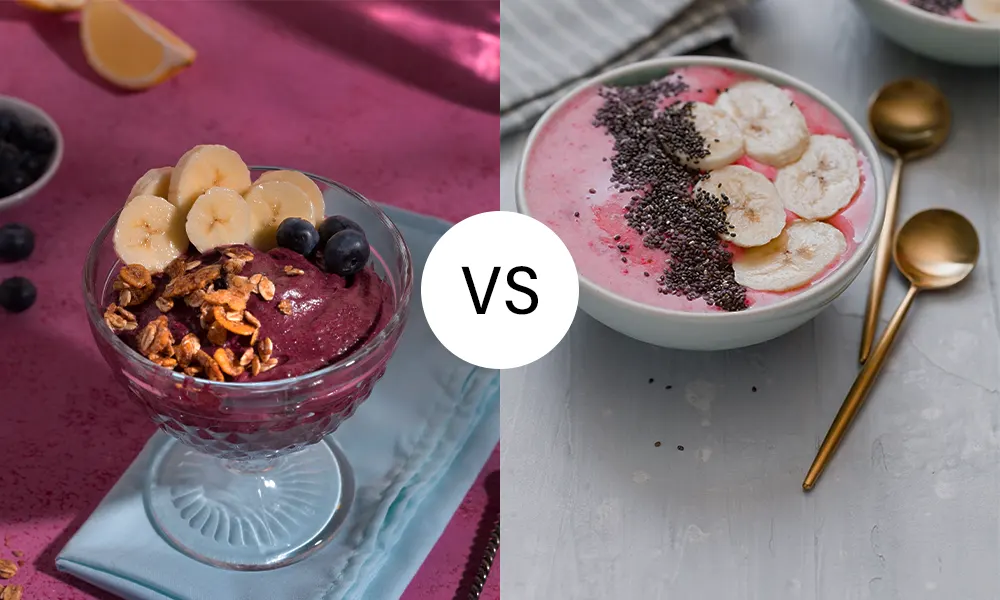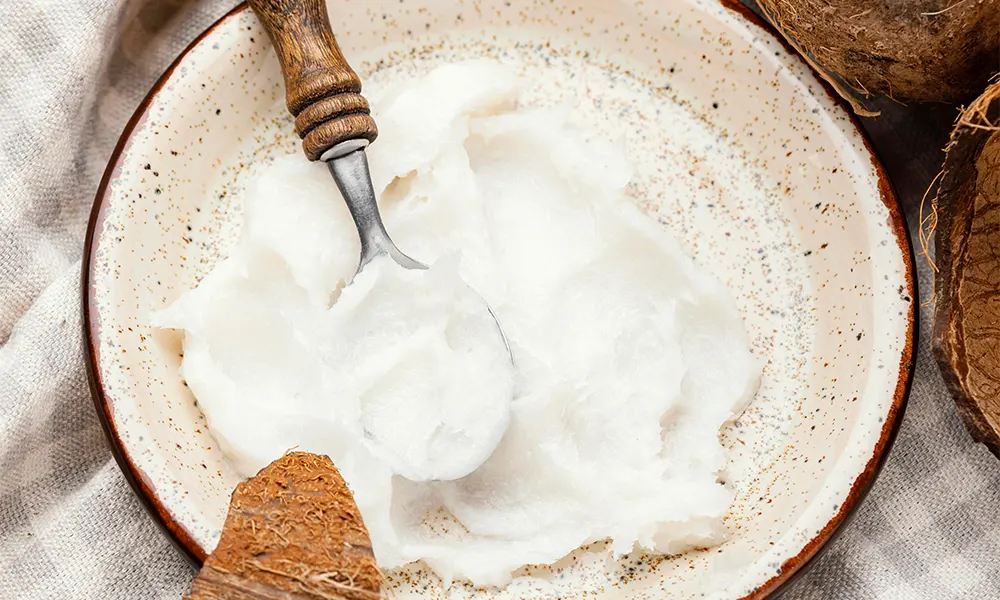If you’re on a weight loss journey, you’ve likely heard about acai berries being a miracle fat-burning superfood. But is acai good for weight loss, or is it just another health trend?
With so many weight loss products boasting about natural fat burners, it’s easy to get lost in the hype. But here’s the real question: Can acai actually help reduce belly fat, or is it just a healthy snack?
In this article, we’ll break down the science behind acai berries, their nutritional benefits, and whether they truly support weight loss.
What is Acai? A Nutritional Powerhouse or Just Another Fruit?
Acai berries (pronounced ah-sigh-ee) are small, dark purple fruits native to the Amazon rainforest. Unlike other berries, acai is rich in healthy fats and low in sugar, making it quite unique.
Key Nutritional Benefits of Acai:
- Rich in antioxidants – Helps fight inflammation and oxidative stress.
- Good source of fibre – Supports digestion and keeps you full longer.
- Contains healthy fats – Provides sustained energy without blood sugar spikes.
- Low in sugar – Unlike other fruits, acai won’t cause insulin spikes.
But can these benefits translate into actual weight loss? Let’s dive deeper.
Can Acai Help with Weight Loss? Separating Fact from Fiction
Acai is undoubtedly nutritious, but is it a magic bullet for shedding kilos? The short answer: No. But it can be part of a healthy weight loss plan.
Here’s how acai might support weight loss:
1. High in Fibre = Better Digestion & Appetite Control
Acai is packed with dietary fibre, which slows digestion and helps you feel full for longer. This can prevent overeating and help control calorie intake.
2. Low in Sugar, Unlike Other Fruits
Most fruits contain natural sugars, which can sometimes hinder weight loss. Acai, on the other hand, is naturally low in sugar, making it a great alternative to high-sugar snacks.
3. Rich in Antioxidants = Lower Inflammation & Better Metabolism
Chronic inflammation is linked to weight gain and belly fat. The antioxidants in acai, especially anthocyanins, may help reduce inflammation and improve metabolism.
4. Healthy Fats for Sustained Energy
Unlike most fruits, acai contains monounsaturated fats, which can help keep energy levels stable and prevent cravings for unhealthy snacks.
However, while these benefits can support weight loss, acai won’t magically melt away belly fat on its own.
The Truth About Acai and Belly Fat
Many believe acai is a belly fat burner, but there’s no scientific evidence proving it directly burns fat. However, its fibre and healthy fat content may help manage weight when combined with a balanced diet.
What Really Causes Belly Fat?
- Excess calorie intake
- Poor diet choices (processed foods, sugar, refined carbs)
- Lack of physical activity
- High stress and poor sleep
- Hormonal imbalances
Acai alone won’t target belly fat, but including it in a diet with healthy eating habits and exercise can help.
How to Use Acai for Weight Loss Effectively
While acai can be a great addition to a healthy diet, it’s important to consume it the right way. Here’s how to make acai work for you:
1. Choose Unsweetened Acai Products
Many store-bought acai bowls and smoothies are loaded with added sugars, which can cancel out any potential weight loss benefits. Look for pure, unsweetened acai pulp or powder.
2. Watch Your Portions
A typical acai bowl can contain over 500 calories, especially with added toppings like granola, honey, and nut butter. Keep it simple with:
- Unsweetened acai
- Fresh fruits like berries
- A sprinkle of chia or flaxseeds
3. Pair Acai with a Protein Source
Adding protein can balance blood sugar levels and keep you full longer. Try blending acai with:
- Greek yogurt
- Protein powder
- Almonds or peanut butter
4. Avoid Pre-Made Acai Bowls from Cafés
Most café-style acai bowls contain excess sugar and calories. Making your own at home gives you control over ingredients.
Final Verdict: Should You Eat Acai for Weight Loss?
Acai can support weight loss when eaten correctly, but it’s not a magic fat-burning solution.
Pros:
- High in fibre – keeps you full longer
- Low in sugar – better than most fruits
- Packed with antioxidants – may reduce inflammation
- Contains healthy fats – supports metabolism
Cons:
- Does not directly burn fat
- Many acai products contain added sugar
- High-calorie toppings can cancel out benefits
If you enjoy acai as part of a balanced diet, it can be a healthy addition. But don’t rely on it as a magic weight-loss solution.
What’s Next? Take Control of Your Weight Loss Journey
To sum up, acai is good for weight loss when eaten correctly, but it’s not a miracle fat burner.
If you want to lose weight effectively, focus on a balanced diet, exercise, and healthy habits.
Want to start your weight loss journey the right way? Get expert advice and personalised guidance today.
Frequently Asked Questions
1. Is acai good for belly fat?
Acai alone won’t burn belly fat, but it can support weight loss by keeping you full and reducing sugar intake.
2. Can I eat acai every day?
Yes. As long as it’s unsweetened and consumed in moderation, acai can be a great daily addition to a healthy diet.
3. What is the best way to eat acai for weight loss?
Choose pure, unsweetened acai and pair it with protein and fibre-rich ingredients to stay full longer.
4. Do acai supplements work for weight loss?
There’s no scientific proof that acai supplements directly promote weight loss. Whole acai berries are always a better option.
5. Are store-bought acai bowls healthy?
Many contain added sugars and excess calories. It’s best to make your own at home for maximum weight loss benefits.





